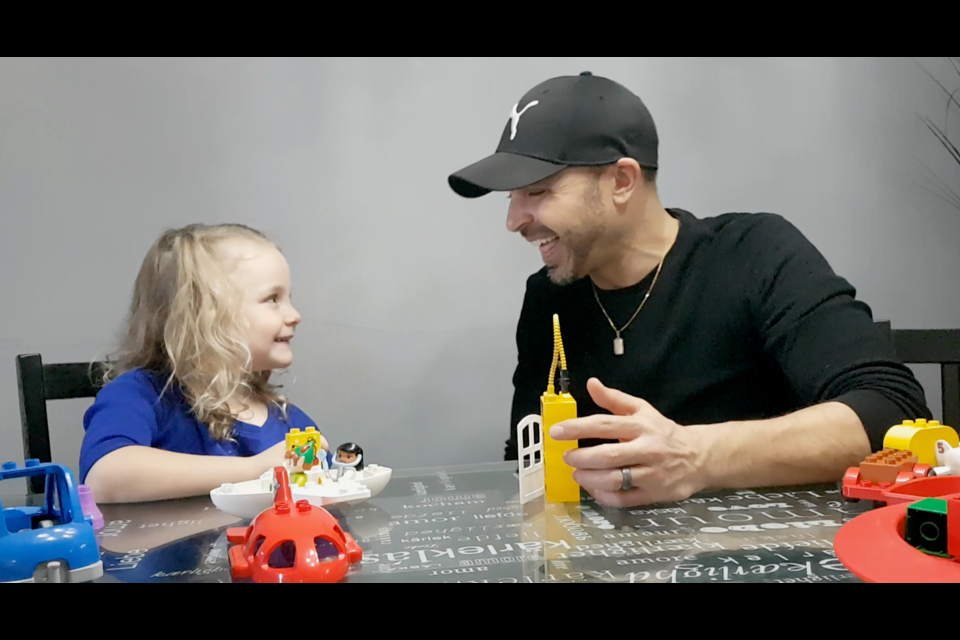The ability to communicate effectively is key to a person’s success in life, no matter their age.
As a speech-language pathologist who works in early identification and education at Royal Victoria Regional Health Centre's Children's Development Services, Lauretta Tulipano knows how important communication health is and, in turn, also how important early intervention is if there are issues.
“Communication health is critical. Regardless of age, the ability to hear and communicate is foundational to our quality of life. Research tells us that, among all childhood behaviours, communication skills provide the highest predictive correlation with school performance,” she said.
“As a speech-language pathologist, I can tell you that the research is clear that children who enter school with speech and language delays are at an increased risk of difficulty reading and spelling," Tulipano added. "Children with speech and language disorders also struggle with peer interactions.”
The earlier the intervention, the better, she noted, adding early experiences with children shape the brain architecture. It also links to reading and writing in school as well mathematics at a certain level as math eventually becomes language-based.
“Sometimes parents think it’s no big deal (and the child) will catch up, but they don’t always realize the significance of the skill. It’s actually a really critical skill. The earlier the (intervention), the better the outcome because of brain development,” said Tulipano.
“The whole idea is to get your child as ready as possible for kindergarten. Lots of people will wait until (they) go to school. The reality is when children start something even like kindergarten with a delay (that) delay typically only gets larger at school," she added.
Research indicates that between 20 to 30 per cent of late talkers don’t outgrow their difficulty and are often diagnosed with a language disorder, Tulipano noted.
"Additionally, parents are often unaware that a child’s communication difficulty is sometimes the first sign of other developmental disorders, such as autism," she said. "Parents often don’t make the connection between their child’s speech and language and their reading and writing abilities later in school.”
May is Speech and Hearing Month and this year’s campaign’s motto — 'speak well, hear well and live well' — pretty much sums up just how important communication health is to a person’s overall quality of life, Tulipano noted.
“Hearing well and being able to communicate is fundamental to quality of life. Whether it’s an infant or my mother with dementia, it doesn’t matter the age,” she said.
One in six Canadians have a speech, language or hearing disorder and two out of every 1,000 babies will be born with a hearing loss and two more will develop a hearing loss before the age of five.
Families can help, Tulipano acknowledged, adding studies have shown young children learn best when parents support their child’s learning at home using specific strategies and every day activities.
“Parents can make a significant difference to their child’s overall development," she said. "Our program uses a parent coaching model.”
While Tulipano admits her department does have long waiting lists, parents can get started by looking at the resources and starting their journey right there and then.
“It doesn’t necessarily start when you’re sitting across from an early intervention person. One of the blessings of COVID is it allowed us to up our game in terms of online materials. We now have a YouTube channel, which has a lot of material on it that’s really helpful for families of infants, toddlers and preschoolers,” she said.
Families can also find helpful information on their Facebook and Instagram accounts.
“We are also hosting a variety of virtual workshops this month. I just wrapped up … called From Cries to Words focusing on building a solid foundation for communication," Tulipano said.
Families with concerns about their infant, toddler or preschoolers speech and language can call the intake office at 705-739-5696 or 1-800-675-1979 and staff will complete a developmental screening over the phone.



